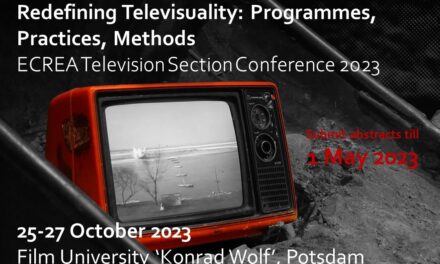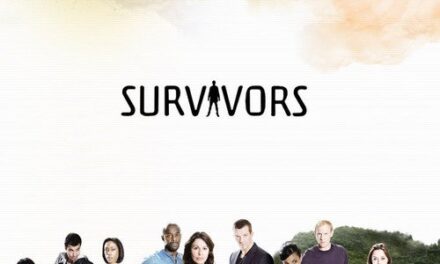Location: Central London (UK), more details TBC.
2020 marks 100 years since the publication of Sigmund Freud’s “Beyond the Pleasure Principle.” A turning point in Freud’s psychoanalytic theory, the essay complicated the pursuit of pleasure led by the sexual instinct or libido, ushering in a second, competing desire that moves life in the opposite direction and down a path of negativity and destruction, articulated by Freud as the ‘death drive’.
With a distinct, sex-positive approach, LOVE SPELLS & RITUALS FOR ANOTHER WORLD presents a seminar, a day of workshops, and film programme that together re-address the question of desire from the perspective of the contemporary moment.
Engaging with queer, feminist and decolonial approaches and drawing on developments in cultural studies more broadly, we move not just beyond Freud’s ‘pleasure principle’ but beyond Freud himself, and invite ourselves to think of desire as ‘schizo-’ instead: “A primary relay to individuated social identity, as in coupling, family, reproduction, and other sites of personal history,” desire, as Laurent Berlant notes in Desire/Love, is “also the impulse that most destabilises people, putting them into plots beyond their control”. As a kind of evental magick, this destabilisation also binds us together in unexpected ways, carrying the power to perform the impossible: it “reorganises worlds.”
How, we ask, do we call on this power of desire, reinvigorated today by black, feminist, and queer perspectives, to design rituals that further enable communities of difference and bring about another world?
With:
- Keti Chukhrov (National Research University Higher School of Economics, Moscow)
- Mijke van der Drift (Royal College of Art, London; BAK, Utrecht)
- Minou Norouzi (Helsinki Collegium for Advanced Studies)
- Nat Raha (Edinburgh College of Art)
- Nydia A. Swaby (Institute of Contemporary Art, London)
PRESENT A SHORT PAPER (deadline: 15 March 2020)
We are seeking contributions from the fields of humanities, law and social sciences, geography, biology, and the arts to be included in the programme, as part of the two Exchange sessions on Friday, May 29. Participants who would like to present work are invited to submit a short abstract/proposal (300w) alongside a short bio (100w). Proposals for academic papers, provocations and/or creative work are all welcome. Possible lines for interrogation include but are not limited to:
- The object of desire and its histories: Who or what do we desire? Is desire an instinct, a feeling, a construct, a con-job? Is it primarily auto-erotic or interpersonal? How have different fields of thought and/or experimental knowledge approached such questions in the past?
- Sex, bio-politics & control
- Freeing desire with trans, queer feminist, and postcolonial studies
- Desire and gender, racialised
- Desiring new worlds: queer love & kinship beyond heteronormativity
- Alternative systems of care
- Desirous territories: How does the migratory movement of desire challenge the institution of and knowledge production around borders?
- Capturing desire in and through art, music, and literature
- Thinking and feeling non-human desire(s)
- Sex, love & finance or the queering of economies
Please note that all decisions will be announced within a week following the application deadline. If you need to have confirmation regarding your participation prior to this date for funding reasons related to your home institution’s schedule, please let us know and we’ll make an effort to respond in a timely manner.
This programme is a Royal Holloway, University of London, PGR-led initiative, curated by Lilly Markaki and convened in collaboration with Sidonie Carey-Green and Lisa Moravec. It is funded by the newly launched School of Performing and Digital Arts, RHUL; the Humanities and Arts Research Institute (HARI); and the Department of Media Arts, RHUL. The film programme, curated by Minou Norouzi is supported by the Helsinki Collegium for Advanced Studies and the Arts Council England.
All events, with the exception of the associated film screening, will be free to attend.




